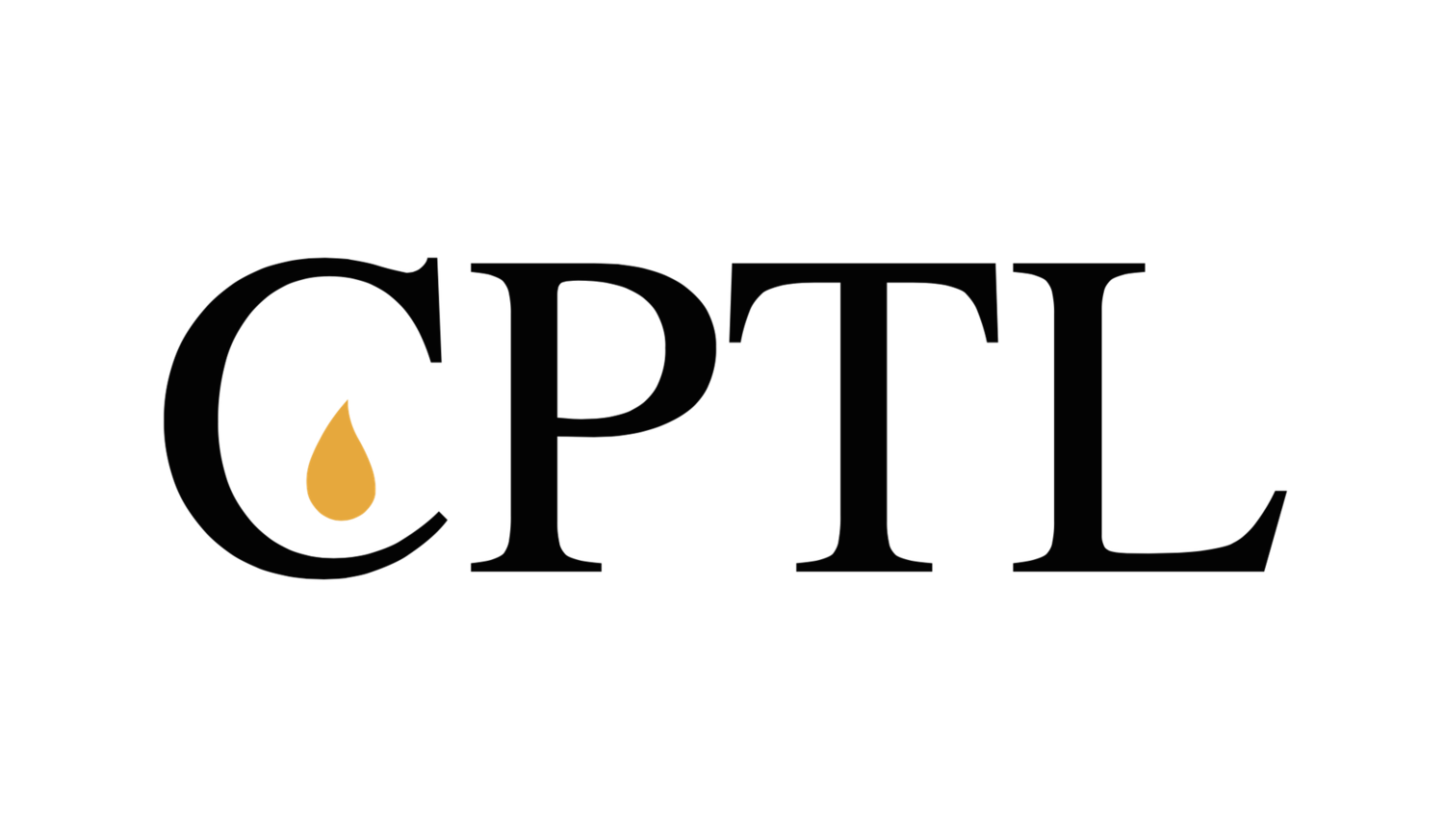Licences and Permits
/The Isle of Man is not part of the United Kingdom or the European Union, and so is not bound by British or EU legislation. Tynwald, the Manx parliament, takes notice of legislative developments and picks and chooses the rules it considers appropriate for the Island. Sometimes this can have quixotic consequences. A Manx friend told me this Tail.
With television licences the Island did follow the UK, so all TV viewers on the Island require a television licence from the BBC.
Several years ago a BBC detector van arrived on the Island unannounced, and found a number of Manx households watching TV without a licence. The BBC successfully prosecuted them in the Isle of Man. The Manx High Court overturned the convictions, because of the Manx rules on work permits.
Apart from native Manx workers, any person working on the Isle of Man requires a work permit, and the authorities take this seriously. The employer must explain why no Manx worker can do the job and demonstrate it by advertising in the Manx papers.
The BBC’s enforcement teams did not have Manx work permits. The High Court found that as they were working illegally on the Island, the convictions were based on evidence unlawfully obtained and could not stand.
So the BBC has an intractable problem. Their enforcement teams require work permits before they visit. This involves publishing in the Manx press the dates when their detector vans will be on the Island.
As my friend proceeds with the story, I rudely interrupt with what I take to be the punch line:
“So people read the papers and know when to buy a television licence!”
She looks at me quizzically and replies:
“No, they read the papers and know when to keep the TV turned off.”






Drilling an exploration well is always a tense time for those involved in it, even the lawyers and contracts specialists whose contribution is usually finished before the well is begun. . .